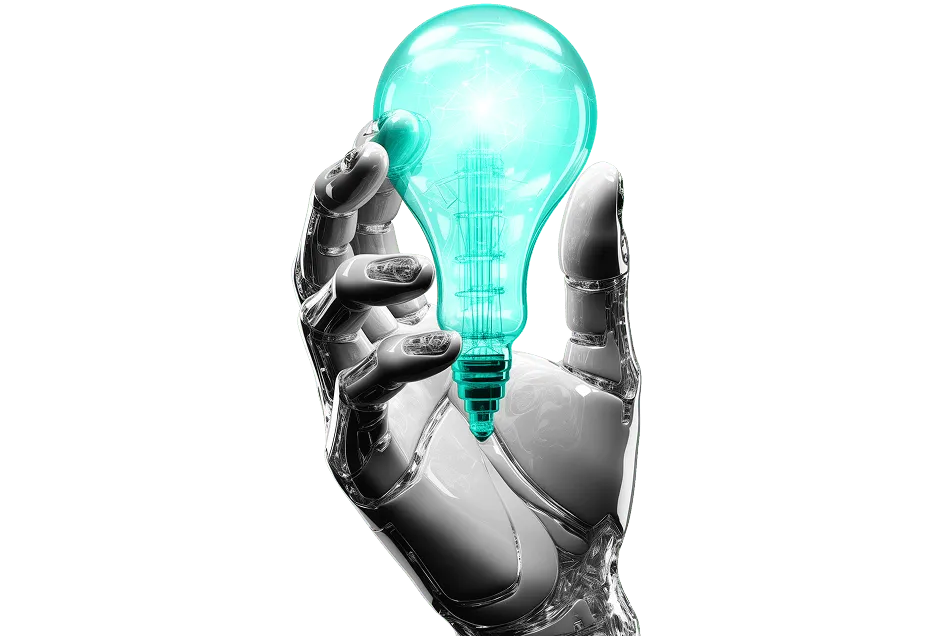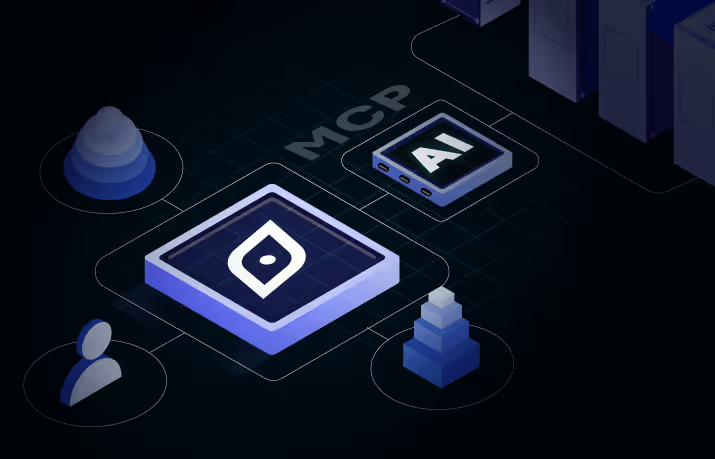How Can Artificial Intelligence Help You Solve Your Talent Management Challenges
Talent management is getting more challenging. The transformation of businesses has made job descriptions less valuable. Skills that have a meaning today, such as ‘communication,’ have another meaning in the future. Organizations must look at talent requirements that were earlier non-existent.
Rethinking Talent Management in the Age of AI
AI-based talent intelligence tools are tearing down the silos in which HR managers, talent management teams, and employees operate to manage careers so organizations can have an integrated approach to talent management. Up to 44% of businesses incorporate AI in IT functions. 96% of senior HR professionals believe AI can enhance talent management.
Easy Onboarding and Boosting Candidate Engagement
Artificial intelligence can facilitate communication between candidates and employers and significantly improve communication. Case in point, Mya, a product to make recruiting simple and has an average score of 9.8 out of 10 in candidate experience.
Mya can provide candidates with updates, feedback, guidance, and answer questions in real-time. Improving the candidate experience will benefit your organization as 74% report having a positive candidate experience will increase their relationship with the company. Your company could find that offering a better experience can boost its financial position.
It also plays a role in onboarding new employees and is relevant to providing them with the information they need to make their working experience better. The automated system could provide information about health insurance or an HR-related query.
AI-based platforms can act as a central point to access the information every new starter will require, reducing confusion and leaving workers less likely to feel overwhelmed. When you have the tools to support new hires throughout the onboarding process, you let talent management have the time to connect with new hires in meaningful ways.
Predicting Employee Success
Onboarding the right people is a significant part of long-term business success. Given the importance of human capital, talent management must have a talent acquisition strategy to give you the foundation for ongoing success.
AI can establish what a successful employee has done, look for candidates with backgrounds matching with those workers, and identify specific qualifications, educational history, work experience, and other factors suggesting a candidate knows to emulate the top performers at your organization.
The smartest talent management professionals would gather resumes, performance reviews, and any information about high-performing people working for them and plug that information into an algorithm to figure out what they are looking for. The system can distill what talent management teams should be looking for.
Hiring Proactively with Talent Intelligence
Workforce planning is a key element of talent management that AI is automating and improving. The technology enables companies to move from a reactive hiring model to a proactive one.
Instead of posting a job opening for which talent management teams must source talent and then put them through the hiring process, hiring teams can post it. The AI returns a shortlist of candidates that can be sent to talent acquisition for consideration, shortening hiring time.
A more holistic approach lets talent management plan ahead of time. AI-based talent management tools allow managers to view upcoming openings in the company and find high-quality talent matches.
Once the job is open, talent acquisition can work from the shortlist to fill the position in anticipation of its vacancy, allowing companies to fill their talent pipelines quickly and effectively. AI lets you focus on suitable candidates and helps you hire faster and better.
Visible Career Pathing Before Candidates Accept the Offer
Talent intelligence platforms enable employers to present a lifecycle approach to managing employee careers, which employers now expect from the companies they choose to work for. 88% of employees consider a company’s strength in enabling agile learning a critical factor when searching for a new job.
Talent management teams can harness the power of AI to map employee careers within the company based on the data from resumes and historical data about skills needed in specific roles and outline the skills required for various positions along an employee’s projected career path. It can be done so that candidates can see the future before accepting.
Furthermore, AI-powered tools make it easier for employees to find the courses they need to advance their careers by analyzing the data on skills required for certain positions and identifying the training programs for those skills, enticing people to join the company and stay.
Draup’s talent intelligence platform aids talent management in prioritizing the quality of their hires and keeps workforce diversity. The tools let HR create employee profiles that allow workers to see:
- Jobs that match profiles
- Projects in the company that need those positions
- Skills gaps for those jobs
- Courses do they need to fill those gaps
Draup’s AI and sophisticated machine learning technologies have reduced talent acquisition costs and the time-consuming task of screening candidates.










.svg)
















.svg)





.svg)





.svg)
